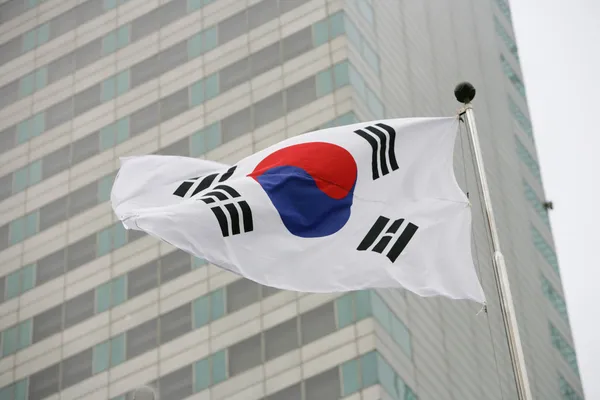South Korea’s Q3 GDP growth beats forecasts as spending holds up
South Korea’s economy grew in the third quarter by the fastest pace in a year-and-a-half, central bank estimates showed on Tuesday (Oct 28), helped by strong exports and solid private consumption as government stimulus boosted spending.
Gross domestic product expanded 1.2 per cent in the third quarter from three months earlier on a seasonally adjusted basis, faster than the 0.9 per cent expected in a Reuters poll and the 0.7 per cent growth in the previous quarter, preliminary figures showed.
The pickup was driven by solid consumption, which rose 1.3 per cent quarter-on-quarter, after the government’s supplementary budget and cash subsidies rolled out under President Lee Jae Myung’s government. Meanwhile, capital expenditure rebounded 2.4 per cent after contracting in the previous quarter.
Although the brisk growth underscores resilient household spending, analysts say the recovery is fragile and dependent on policy support as President Donald Trump’s tariff policies could lead to slower exports and undermine the economy’s current momentum.
“Growth will slow to somewhere around 0.5 per cent in the fourth quarter from three months earlier,” said Stephen Lee, an economist at Meritz Securities in Seoul.
A Bank of Korea official said Asia’s fourth-largest economy could expand 1.0 per cent this year if the quarterly figure falls in a range of between a 0.1 per cent contraction and a 0.3 per cent expansion in the current quarter.
“It depends on whether current upbeat momentum in the semiconductor industry continues amid US tariff policies, and whether Korean businesses can continue to increase exports to non-US markets,” a BOK official said in a news conference.
Exports expanded 1.5 per cent quarter-on-quarter, slower than the 4.5 per cent growth in the second quarter.
South Korea’s cars and auto parts could be subject to 25 per cent US tariffs rather than the 15 per cent agreed back in July if Seoul and Washington fail to sign a revised trade deal.
The two countries are still sharply divided over the details of a US$350 billion investment package, according to Seoul’s trade minister Kim Jung-kwan.
The BOK sees the economy expanding 0.9 per cent this year, the weakest growth since a 0.7 per cent decline in 2020 due to the pandemic.
On an annual basis, South Korea’s economy grew 1.7 per cent, compared with a 0.6 per cent expansion in the second quarter.





